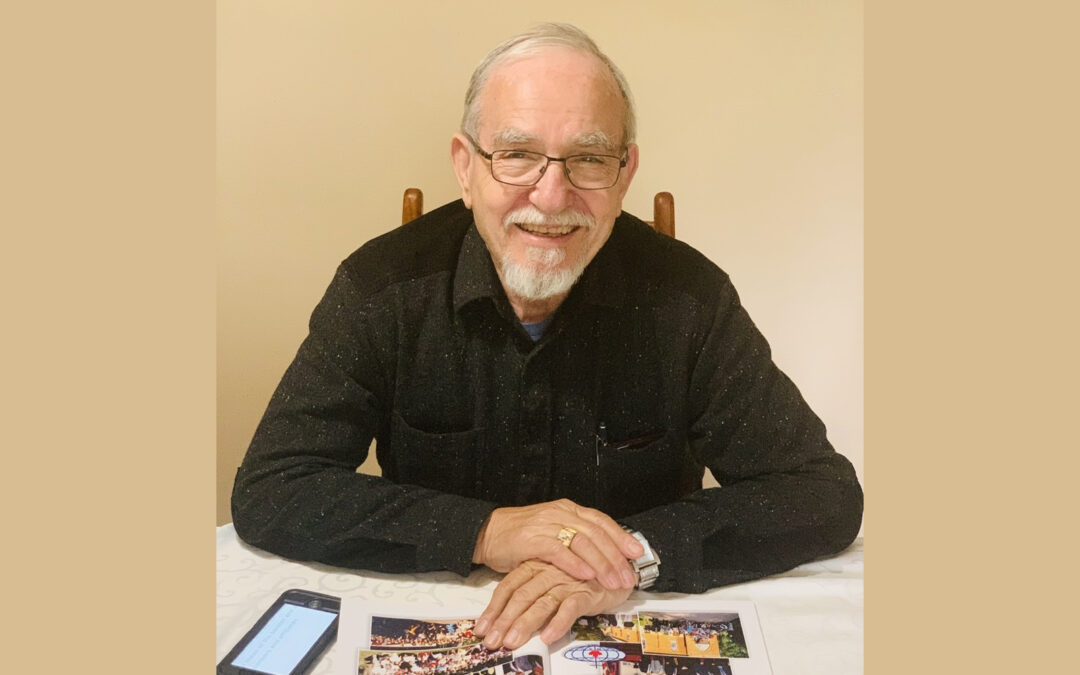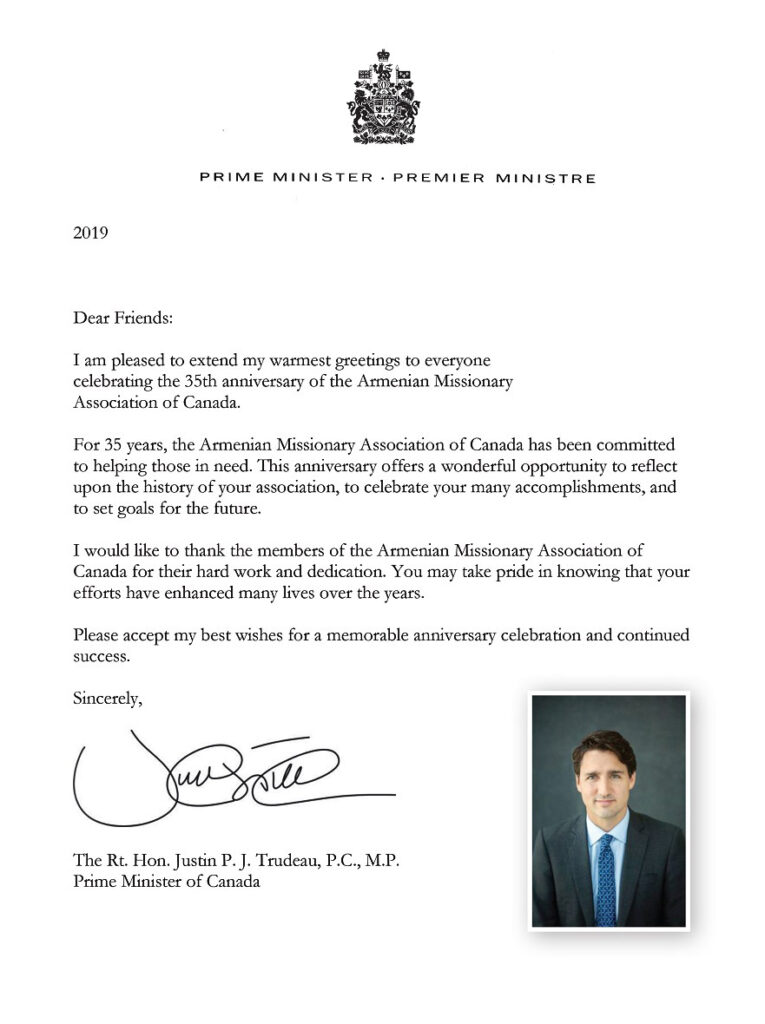“It was more than we could have hoped for! First, they gave themselves to the Lord; and then, by God’s will they gave themselves to us as well” 2nd Corinthians 8:5.
The issue being discussed today, is how the money we put in the offering plates is related to the Christian faith. I fervently believe that the Church has no business asking anyone for financial support if the cheque signed is not linked with Jesus, that was born in a barn, crucified and was raised another day.
Let us turn to one of the basic, biblical ways of reading often misunderstood word called stewardship. Paul the Apostle in his second letter to the Corinthian Church, holds the example of their sister church in Macedonia – their poor cousins from the North.
The first card used is the grace which Gad has imparted the Macedonian congregation.
“Grace” is that love in God which gives generously. THE Macedonian believers realized that everything they had, were, and hoped for to be was the result of God’s undeserved, lavish giving. They understood that God gave not because He had to, as we sometimes say, but because He loved to!
The Christian concludes that God is the ultimate Owner of all things. They are His because without Him they would simply cease to be. That is what lies behind the 50th Psalm’s reference to the natural world.
“I am God, your God… Every beast of the forest is mine, the cattle on a thousand hills,
I know all the birds of the air, and all that moves in the field is mine…
For the world and all that is in it is mine.”
One of the so called “minor prophets” made a major claim when he asserted: “The silver is mine, and the Gold is mine says the Lord of hosts”. (Hag. 2: 8).
The Universe, life itself, one’s talents, the skill and energy with which we work, to create, to earn – all these are God’s, for without His graciousness that holds all of life in being they would simply cease to be. To say, “I believe in God, Creator and Provider” is as good as saying “Everything is a gift of Grace. My life, my existence, this animated body of clay lent to me for 40, 60, 80 years, the talents with which I earn a living, everything I call my own is ultimately God’s and comes from Him.
That is what the Macedonian Church believers believed says Paul in his letter. And “stewardship”, a biblical understanding of life, begins with the realization that all that one has is grounded in grace, in the generosity of God which gives lavishly.
Once the Macedonians realized that behind all things there is the gracious God who wills our lives with all its beauty, they concluded; our lives or God’s really and are to be used for Him. It is important to note that Paul states before they gave generous gifts, the Macedonians, first gave themselves to the Lord”.
The basic shift here is the pronouns. Instead of talking about “my things, my life, my time, my money, my talents”. The Macedonians started to say “His,” God’s, because, in His grace, He was the source of them. No, the money is not the issue; the issue is that of to whom we belong.
The application of this to the Christian is obvious. The world in which we live, the talents we use in our work, the property and the money we gain through the exercise of our talents, the number of years in which we are allowed to breathe- all these are gifts from God. The bottom line in stewardship is that, the Christian conceives of the world, one’s life, all his talents and powers and circles of influence as a kind of trust or loan which, as a responsible steward, the Christian is to manage and administer according to God’s good purposes. You are not your own. You belong to Him. To be an administrator of what in fact is ultimately somebody else’s property and to be answerable in the end for that administration is what is meant by stewardship. And for the Christian, that involves all of life. It has to do with our use of the world which future generations will inherit; it has to do with how we invest our time, where we use our money, the very style of our lives. The Apostle said, ” First they gave themselves to the Lord”.
Do we understand the authentic meaning of the Sunday offering? It is not a “collection”; it is not the sacrilegious notion of giving God a tip. The chicken feed that’s left over after we’ve paid for our trips to Jamaica, our Black Velvet, our sailboats and our filet mignon. No, the Church is not after your money, as some people put it. That’s too light a touch. Christ is after life, and when that’s straight as a priority, the funds to support the ministry of Christ in this world will take care of themselves.
If we understood the offering correctly, we would understand the moment the offering is place upon the Communion table is one of the high moments in worship. Because your money comes through the expending of your time, hours at work, pouring out your energy and your skills – that money represents your life. N a sense your money is you. And when the offering is presented, it should be representative of your stewardship, the giving up of your entire life to God and His purposes. Note what Paul said about the Macedonians – “ first they gave themselves to the Lord”- and their financial gifts came as part of that total giving. The order is “For they gave according to their means, as I can testify, and beyond their means, of their own free will… but first they gave themselves to the Lord.
No, money is not the issue. The issue is whether you and I understand all of life as a loan, or trust from God to be invested for His purposes – everything from how we talk, to how we put in time, to what makes us tick in our business decisions and our recreational choices, whether we USE or SERVE people, and yes, the things to which we give priority when we spend our cold, hard cash. Yes, money talks, it talks about our priorities.
No, money is not the issue. The issue is that of to whom we belong and for what we live.
Mihran Jizmejian
May 21, 2023


